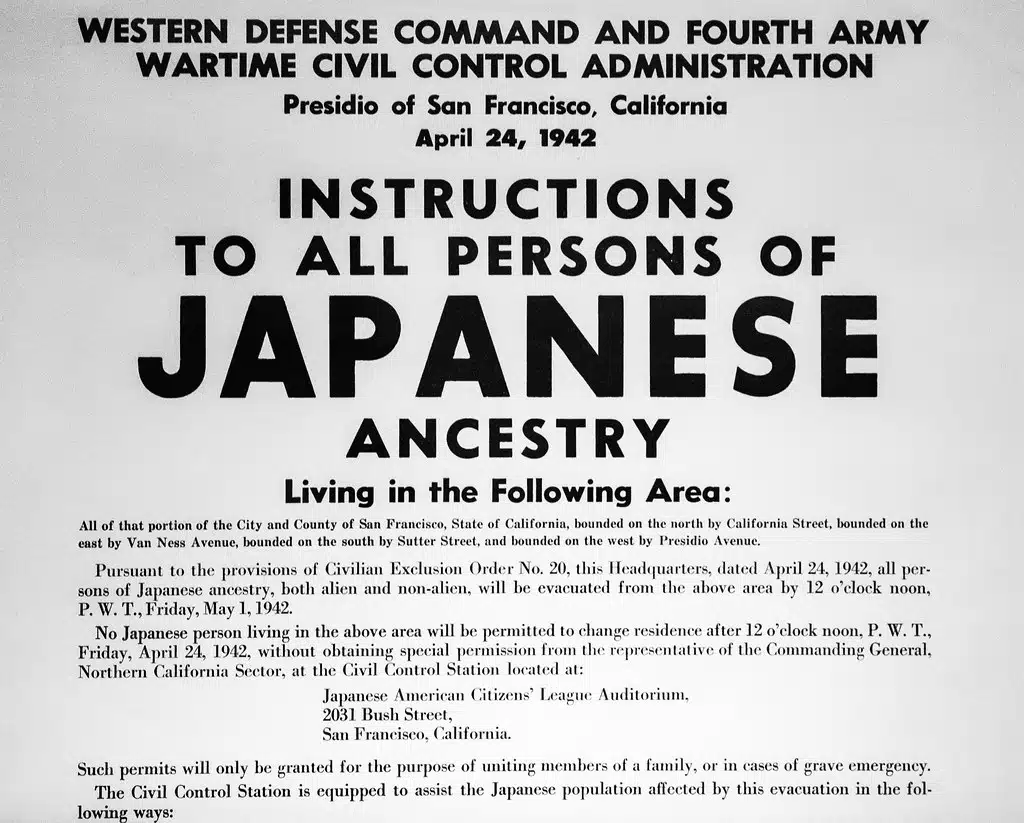Posted inQuestion about Japan
Do foreigners get Japanese citizenship?
This article discusses the eligibility criteria and process for obtaining Japanese citizenship, as well as the benefits and challenges of doing so. It also covers requirements for work and student visas, cultural integration, and maintaining citizenship once obtained. While obtaining Japanese citizenship can be challenging, it is possible for foreigners who meet the criteria and are willing to go through the process.




